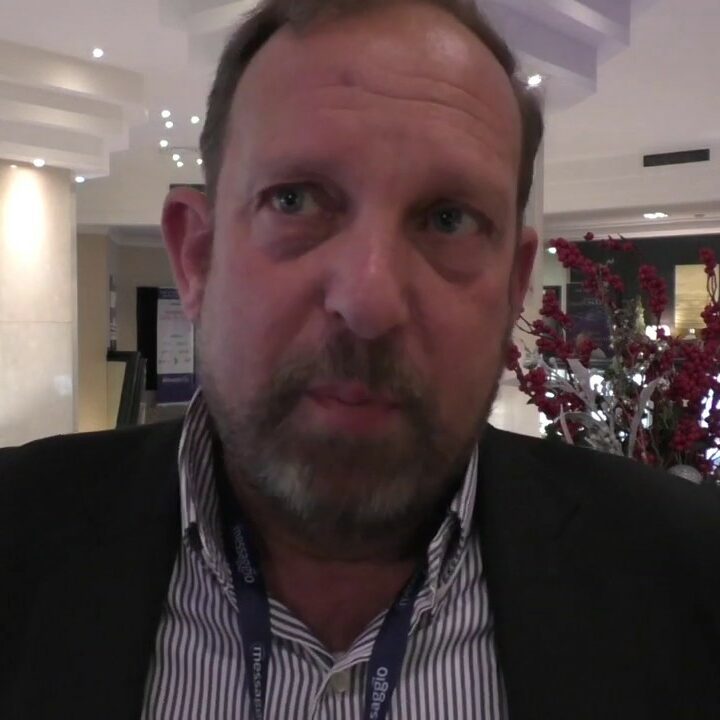Ira Cohen of MMD Smart shares his experiences and takeaways from Mobile World Congress 2022, after a lengthy spell away from large events due to the global pandemic, and how the newly refocussed show felt like a good return to form.
After waiting three years, we were finally able to head back to Barcelona for Mobile World Congress 2022. This year’s event was distinctly different from the major events in the past.
With fewer people and booths and seminars focused in a smaller area, it felt more like MWC events from the early 2000s. Taxis were available, hotel rooms were reasonably priced, and even the most popular restaurants were taking same day reservations.

This year’s event felt far more focused than events in recent memory. Rather than seeing car manufacturers and tech giants with an ancillary connection to the industry, the companies and people who participated were focused and more central to mobile communications and its applications.
When we first started our MessageWhiz business, there were many voices saying that messaging was a dying industry, and no one would use it within five years. Based on what we saw at MWC, as well as what we’ve seen in our sales, nothing could be further from the truth“
There were a number of messaging events from organizations like MobileSquared and MEF. At the MobileSquared event, I participated in a thought provoking and controversial panel on turning A2P messaging into a trillion-dollar industry. Meanwhile, MEF really propelled its industry standing forward with three excellent days of messaging content seminars and well-attended networking events for the industry.
Overall, the messaging conversation centered on delivering value and the direction of the messaging industry in the post pandemic world. In a world where only 3% of businesses are using mobile messaging to reach customers, there is clearly a lot of opportunity for messaging to expand. That growth should be achievable by highlighting the value that messaging delivers to its users.
Fraud and security concerns were also in focus, as we discussed different ways to protect against identity theft such as our encrypted SMS solution. Implementing AI and other advanced tools to improve both performance and the customer experience rounded out the primary topics of conversation.
Takeaways from Barcelona
When we first started our MessageWhiz business, there were many voices saying that messaging was a dying industry, and no one would use it within five years. Based on what we saw at MWC, as well as what we’ve seen in our sales, nothing could be further from the truth. Messaging has proven itself to be a strong dynamic tool for the modern needs of companies to stay connected with their customers and has a bright future.
It was unclear what role messaging will play in the Metaverse, which was one of the buzzwords floating around the Barcelona Fira, but that’s understandable considering it’s still being defined. It is something to watch out for and see how the industry evolves to changes in the way we interact with one another.
One last takeaway was the challenge of voice messaging. Consumers are increasingly sending voice messages on channels intended for text, and now businesses are starting to test the waters. This presents a special challenge to messaging service providers. We need to develop tools to track conversion and safeguards to prevent fraud and adjust the billing models. Most importantly, do we just piggy-back on existing channels or is a dedicated channel the best way to deliver voice notes to users?
This year’s MWC showed us that messaging will continue to flourish, but we need to have our eyes open to see what the future will bring. Looking forward to another great MWC in ’23.





